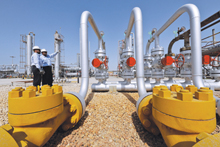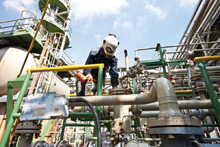
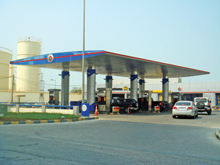 Diesel prices in Bahrain will go up in a phased manner
Diesel prices in Bahrain will go up in a phased manner
THE price of diesel for domestic consumption will almost double in three years – up from 100 fils ($0.26) at present, Bahrain’s National Oil and Gas Authority (Noga) announced.
Diesel would be sold at 180 fils per litre from January 1, 2017, according to Noga.
Under a gradual four-phased plan, domestic consumers will pay 120 fils per litre from January 15 next year – up by 20 fils. The price will increase by another 20 fils to reach 140 fils with effect from January 1, 2015.
A year later consumers will pay 160 fils per litre – with the new price taking effect on January 1, 2016.
By January 1, 2017, consumers will be paying 180 fils per litre. The re-adjusted diesel prices were decided by the Cabinet and aim to redirect government oil subsidies to benefit deserving consumers.
“The readjustment will redirect government subsidies without harming consumers, overburdening the budget or straining Bahrain’’s financial standing,” Finance Minister and Minister in charge of Oil and Gas Affairs Sheikh Ahmed bin Mohammed Al Khalifa says.
The four-phased plan aims to enable economic sectors to adapt to the new prices and avert any sudden impact on consumers.
Meanwhile, Bahraini fishermen will be able to buy diesel at 30 fils less than the readjusted prices – 90 fils (2014), 110 fils (2015), 130 fils (2016) and 150 fils (2017).
Bapco has been assigned to regulate diesel sales to fishermen. Fishermen will be entitled to a fixed quantity of diesel – based on the type of fishing boat.
Large shrimping boats will be entitled to 11,000 litres monthly during the shrimping season while small shrimping boats will get 5,500 litres.
Large fishing boats will be entitled to 8,500 litres monthly while small fishing boats will get 4,250 litres on a monthly basis. Fishermen have been buying diesel at a subsidised price of 70 fils per litre since 2008.
The government has also been supporting 400 fishermen licensed by the fishing resource directorate in a package costing BD1.2 million ($3.16 million) per annum.
Each shrimping boat gets BD350 during the season, compared with BD300 for other fishing boats.
This is the second time diesel prices for domestic consumption have been readjusted. In 2008, Noga increased the price of diesel to 100 fils per litre, from 70 fils.
“Despite the new readjustment, diesel prices remain below those in other GCC markets,” Noga secretary-general Dr Ahmed Ali Al Shiryan says.
Like other Gulf energy exporters, Bahrain spends heavily to subsidise fuel prices for its consumers, but it is less able to bear the financial burden; the country is not as wealthy as its neighbours, and its economy has been hurt since 2011 by political unrest.
The International Monetary Fund warned this year that Bahrain urgently needed to reform its economy to stop its debt burden becoming unsustainable. The government is expected to post a budget deficit worth 3.6 per cent of gross domestic product this year, according to a Reuters poll of analysts.
The oil and gas authority said subsidy allocations in the national budget had jumped 93 per cent between 2007 and 2012. It did not specify how much money the government would save by raising diesel prices.
In September, oil ministers of the six Gulf Cooperation Council countries met in the Saudi Arabian capital Riyadh to discuss long-term plans to unify their fuel prices to prevent smuggling. It was not clear if Bahrain’s decision on diesel was related to this meeting.



















































































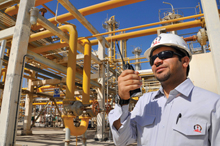
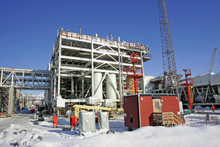
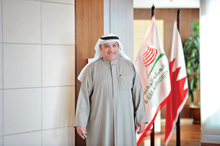
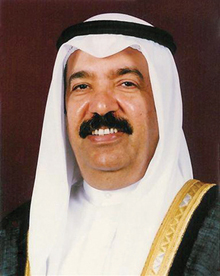
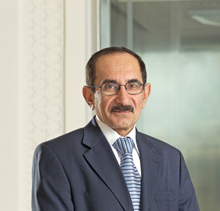
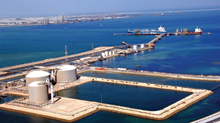

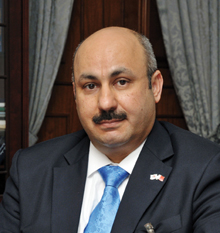
.jpg)

